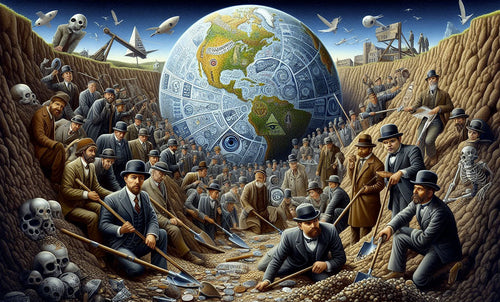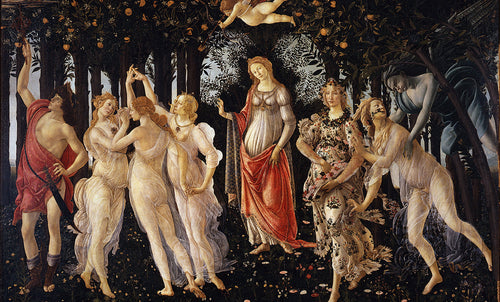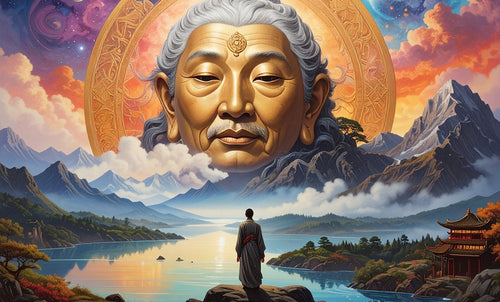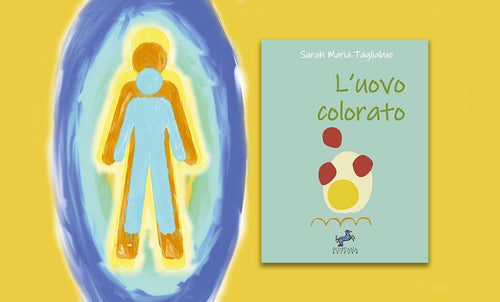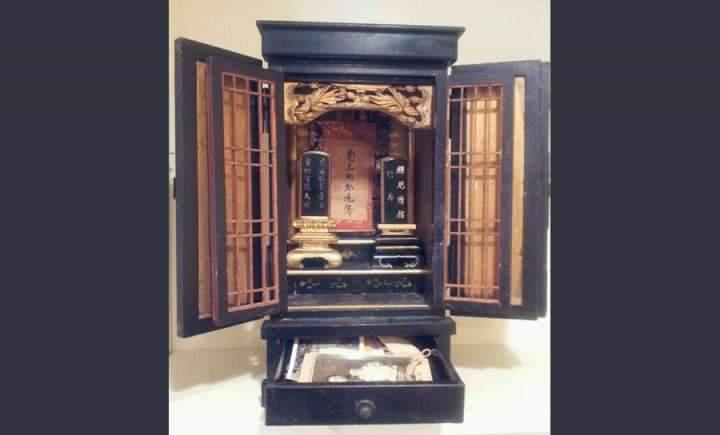
El Japón que no logramos ver (segunda parte)
Francesco Baldessari
Muchos de los que han estado en Japón, incluso durante décadas, nunca han oído hablar del culto a los antepasados, o, si lo han hecho, como yo hasta hace poco, no tienen una idea clara de lo que es.
Por lo tanto, es un pensamiento que da que pensar que los japoneses dedican más tiempo al culto a los antepasados que a todos los demás rituales juntos.
Se gastan 270 mil millones de yenes cada año en los altares utilizados para tal fin.
Es muy posible que la mayoría de los japoneses que conoces lo practiquen de una forma u otra.
No se trata solo de una tradición pintoresca. El culto a los antepasados transforma las sociedades que lo practican de maneras profundas y llenas de consecuencias. Es común a todas las culturas de lo que llamamos el Lejano Oriente, pero en Japón ha adquirido características especiales y extremadamente inusuales que han contribuido a convertir a Japón en lo que es. Es la causa directa de gran parte del dolor que Japón ha conocido a lo largo de su historia.
No soy un experto en el tema; al contrario, acabo de descubrirlo, pero ha transformado mi comprensión de Japón, una comprensión (y espero que no otra) que quiero compartir. El concepto también tiene implicaciones políticas (y, de hecho, afecta directamente a la Casa Imperial y su papel) y creo que todos deberíamos comprenderlo.
Hablaré sobre el culto a los antepasados en algunas publicaciones. Quienes estén interesados en Japón están invitados a prestar atención. Espero que les abra los ojos como a mí. Si viven en Japón, comprender el culto a los antepasados les ayudará a comprender a sus seres queridos.
La siguiente foto muestra un butsudan, el altar que utilizan los japoneses para recibir a sus muertos.
Les cuentan los últimos chismes, les muestran cosas, les piden consejos. Los japoneses no aceptan y rechazan rotundamente la idea de que la muerte del cuerpo signifique el fin de una relación.
De hecho, creo que es mejor decir que para los japoneses los muertos siguen vivos y son los mismos que antes. Simplemente ya no tienen cuerpo.
Francesco Baldessari

